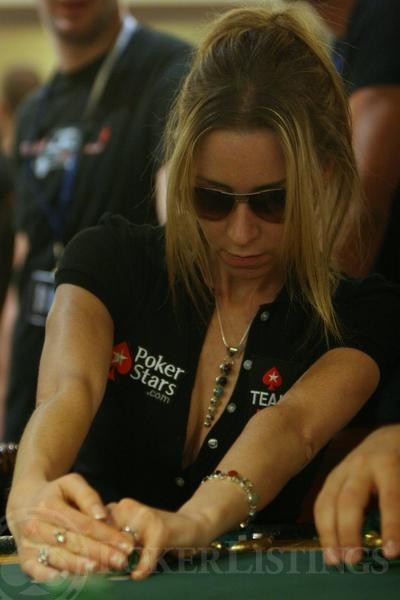Real Money Pai Gow Poker
For the poker fan with a taste for the Orient, Pai Gow Poker offers an interesting twist on the century’s old gambling game from China. Rather than utilizing the distinctive Chinese tiles of the traditional game with poker cards for a relaxed gambling experience. Generally speaking, for people who already know how to play poker, Pai Gow poker is a quick and easy transition, which allows you to sit down with confidence at your nearest land based casino or online format. As with most free casino games, the player will place their bet prior to getting their 7-card hand, and the fun begins from there in a contest best described as a double-handed poker game.
Avoid Bonus Bets - These side bets are far more common at land-based casinos, but even if.
How to Play Pai Gow Poker. Pai Gow poker is played with a standard English deck of 52 cards plus the joker, or bug. The joker can only be used as an ace or a card that completes a straight or flush. Players and the dealer receive seven cards they place into two hands: five cards and two cards. How to play online Pai Gow Poker for real money. Online Pai gow poker is played with a standard 52-card deck plus one joker. In the case of the online version of the game the joker is not completely wild. The joker is wild only if it completes a straight or flush of any kind. In all other cases, it takes the form of an ace. Online Pai Gow Poker for Real Money. Online Pai Gow Poker is not to be confused with Pai Gow, the domino game of Chinese origin. Pai Gow Poker is an Americanized version of the Domino-based game. Sometimes called “two-hand poker” or even “. Pai Gow, as it is played in most casinos, is a variation of poker using principles driven from the Chinese domino game of the same name. The major difference is that Pai Gow Poker is played with a full 52-deck of cards including a single Joker instead of the set of 32 Chinese Dominos used.
Play Free Pai Gow Poker

Playing Pai Gow Poker
Generally speaking, a good Pai Gow Poker game will have six players and a dealer with each being dealt seven cards from the 53-card deck including the joker that can be used to substitute in the making of a straight, or any suit to complete a flush. If it can’t be used for either of those purposes, the joker will not only be an always be an ace, but in the two-card hand a joker is always an ace, which can have strategic implications when assembling your hands.
Your primary objective when playing Pai Gow poker is create two separate poker hands out of the seven cards you are dealt. The two hands must be comprised of a larger 5-card hand, also known as the “In front,” “behind,” or “on top.” Conversely, the second hand you need to assembly will be created from the remaining two cards. That second hand is variously styled “small,” “little,” or “low” hand. When assembling your two hands, the only requirement that you must adhere to is that the larger poker hand must outrank the smaller one with a higher poker value.
Pai Gow Online
To begin, the five-card hand is ranked according to conventional poker rules, whereas the only possible poker hand in the two-card hand is a pair or no pair, after which the individual cards determine the value. Once you have set your hand to your satisfaction, the dealer will turn over their cards and divide the hand in the same manner, according to specified rules known as the “house way”
Once completed, the two high hands are contrasted, and the two low hands, the hand with the higher poker value winnings. Should the comparison result in a tie, say for example that both small hands are ace/king, then the tie has go to the “banker.”
Pai Gow Poker Rules Strategy
Unlike most casino games, the player may bet against the dealer, and other players in Pai Gow poker. In a process known as “banking,” the banker function rotates around the table, but at some casinos the banking role zig-zags between the dealer and each player in turn giving everyone at the table the chance to participate. The player may always decline to bank, which is typically what happens, in which case the banker option will slip back to the next player, or dealer.